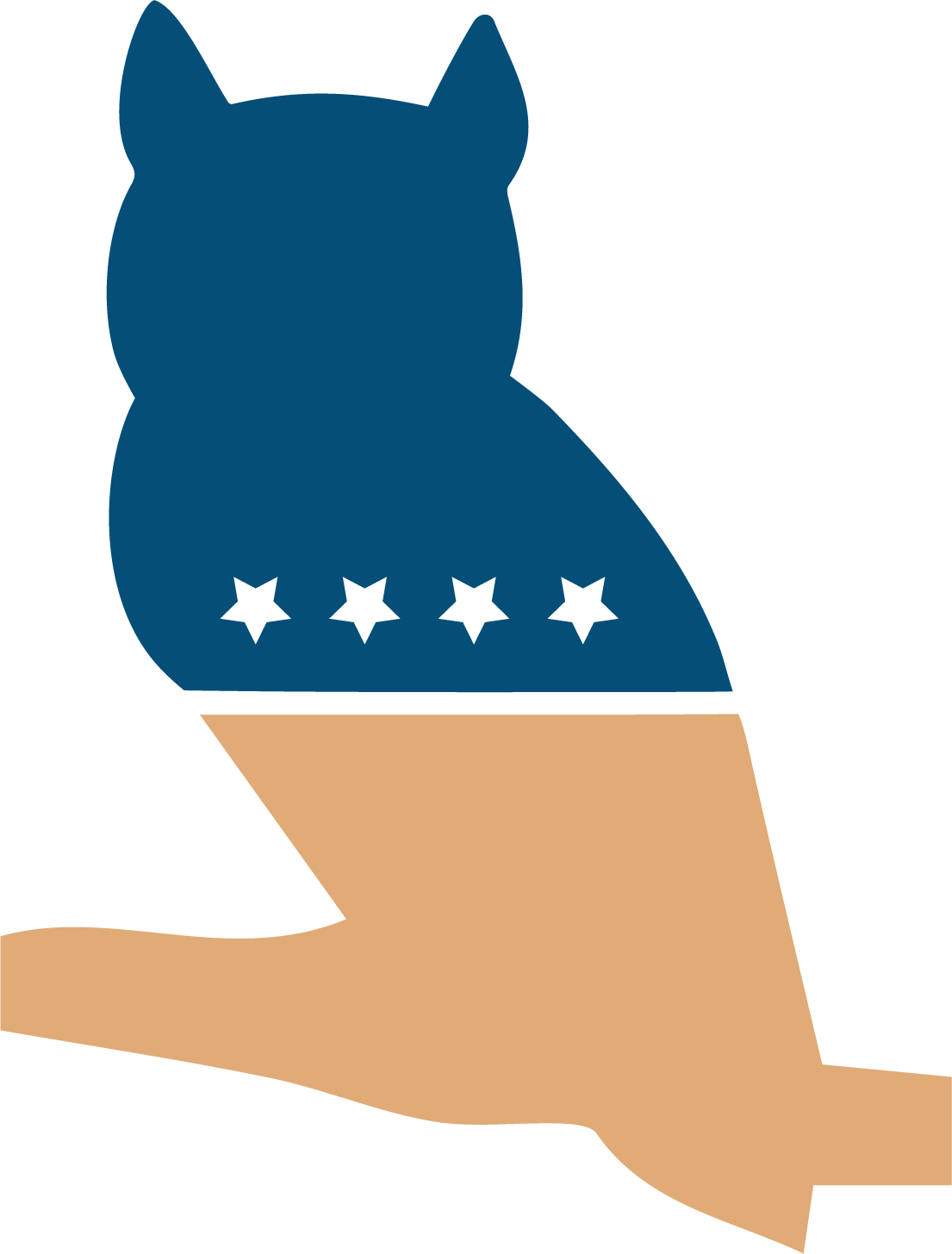The Border
Unity and Division
What we have in common matters more than politics. At least until the subject of politics comes up.
It is not an international border. It is not a state border. It is basically a border between two counties in northwest Illinois. It is the border between Carroll County and Whiteside County.
The border does not look like a border. There are cornfields on both sides. Deer run all over the place. There are farm fields and farmhouses on both sides. If it was not for the two signs designating the border, you would never be able to tell it is a border at all.
In a number of cases, homes are on the border. You can go from your bedroom in Carroll County into your living room in Whiteside County.
One might be a higher property tax bracket than the other, but physically and economically there is really nothing different between the two. People have lived, gone to and from, and passed away on one side of the border or the other for generations.
The real issue seems to be politics. Carroll County is predominantly Republican, while Sterling in Whiteside County is largely Democratic.
Sterling is an industrial town where the famous Wahl corporation is located. Wahl makes shavers and clippers, and there are many health care companies that operate in the city, too. My wife works for one of them. She cares for mentally handicapped people.
As I go to my favorite Mexican restaurant in Sterling, I notice there are many veterans who served in the U.S. military and who fought in Korea, Vietnam, and the more recent wars in Iraq and Afghanistan. They all wear their hats stating which war they were in.
It is a mixed group of diners. There are a lot of Latino veterans who fought valiantly in America's wars along with black and white veterans. It is a whole mix of working-class people who have lived most or all of their lives in Sterling. In Mount Carroll in Carroll County, I can find veterans as well as farmers, field hands, and many elderlies who dine in the various restaurants in town there.
In everyday conversation the people in Mount Carroll are not any different from those in Sterling. They talk about family, work, vacation, the past, and about going to church. The real difference seems to be when politics comes into the conversation.
In Mount Carroll, they talk about the "evil Dems" and their conspiracy to steal elections. They see former U.S. President Donald Trump as the "true president," and they see a moral decay in American standards.
In Sterling they speak of the "fascist Republicans" and their racist agenda of dividing America. The Latinos are especially concerned that an elected Republican governor will mean more discrimination against them.
These are just plain, ordinary down-to-earth people who wonder where the country is going, and they have picked one side or the other as being the "moral good," or the least bad compared to the other. Even though people go to and from Whiteside and Carroll counties every day, the two groups of people do not deal with each other. Both sides see each other as mortal enemies. One or the other believe they have the answers for making America a better place. Because many of them on both sides are veterans, they feel they must be prepared to duke it out.
If I was to put both groups in a room, and told them they could only talk about family, work, and their military records, I am sure they would find they have more in common than what makes them different. But there is no way to prevent them from talking about politics, and where their loyalties lay.
This border is far from being unique in America at present. The Great Divide, as it is becoming known in the United States, has created a whole lot of borders where none existed before. Where will this end?
I do not want to speculate. All I see is a border where there really physically is no border. It is a border of the mind.
Daniel Nardini spent 22 years as a newspaper correspondent for Lawndale News and The Fulton Journal. He has published six books, including his eyewitness account of the Tiananmen Square Massacre, The Day China Cried. He is listed as an Illinois author in the Illinois Center for the Book.
___________________________________________________________
The Modern Whig Institute is a 501(c)(3) civic research and education foundation dedicated to the fundamental American principles of representative government, ordered liberty, capitalism, due process and the rule of law.
Opinions expressed here are those of the author and do not necessarily reflect the views of the Institute or its members.

